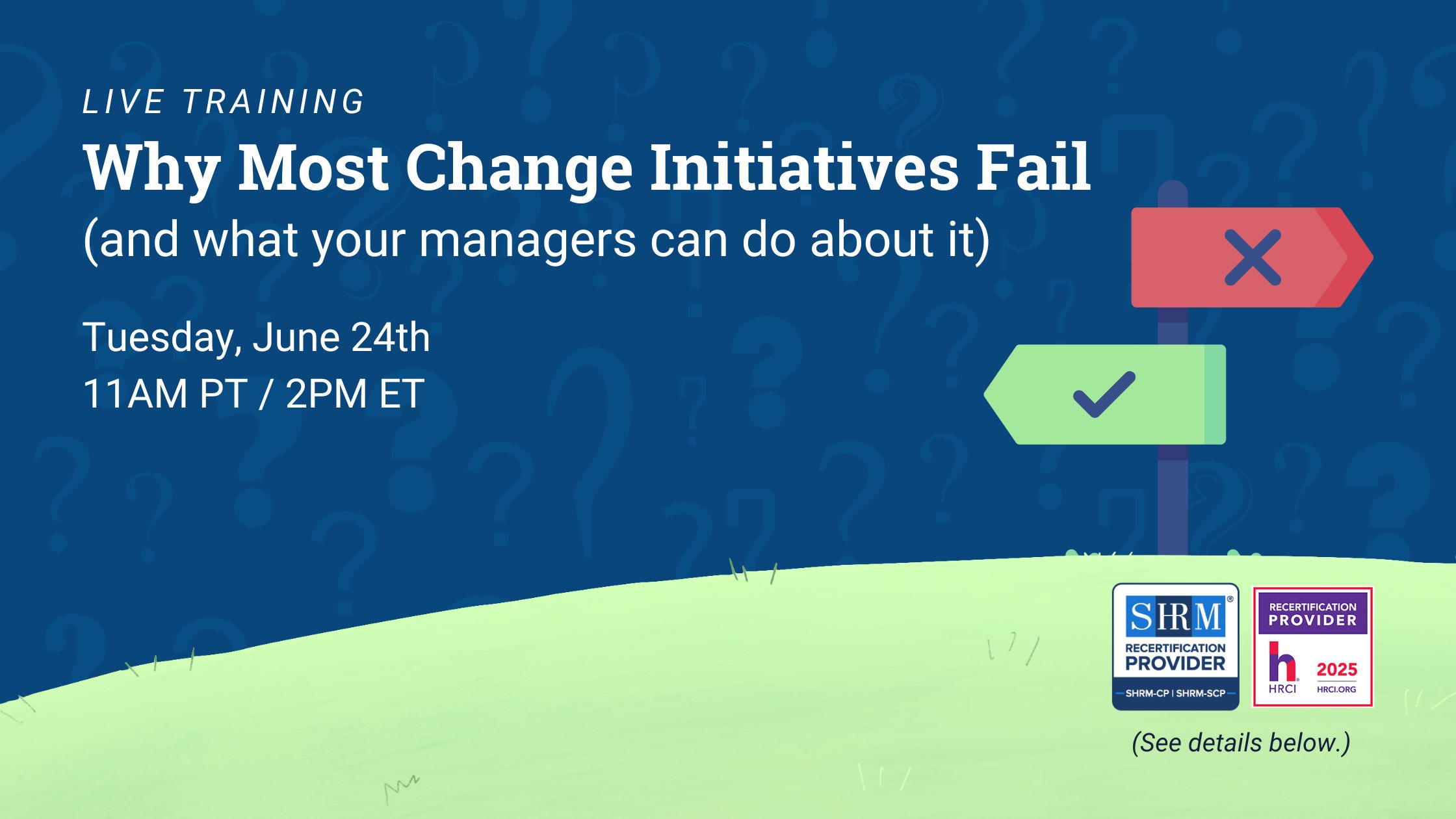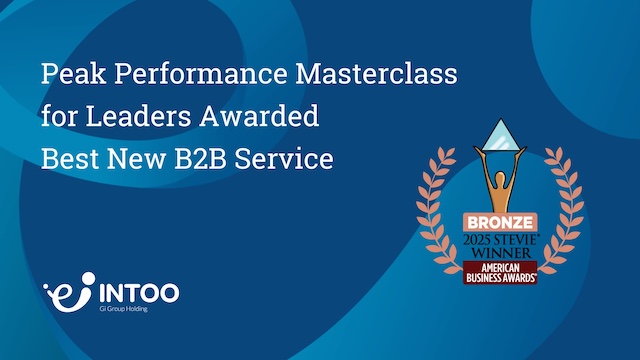An employee’s position within an organization will naturally evolve as the company grows. For example, the duties of their role may shift due to receiving a promotion, or because of industry-related technological advances. No matter the reason, it’s important for companies to be prepared to teach new skills to their workforce.
This article will provide employers with a thorough explanation of why upskilling and reskilling their teams is vital to their companies’ success.
What Is Upskilling?
Upskilling is the process of helping employees gain new skills for their current position. The training provided through upskilling efforts will focus on subjects that help your staff become better equipped for their jobs, such as offering workshops to frontline employees on how to engage with consumers or resolve customer complaints properly.
Why is upskilling important?
Upskilling your employees will create stronger team members and leaders for the organization by teaching them skills that will enhance their abilities, whether it be improving their efficiency, reducing errors, or raising the overall quality of their work. Better productivity and fewer mistakes can lead to increased profitability. Further, developing the capabilities of your professionals will improve the confidence of your team.
Regularly providing training for employees can also ensure they remain relevant and current as advancements are made within the industry. New technology is often incorporated into a company’s operations, so it’s vital to increase your staff’s proficiency with workplace improvements to help them transition from outdated equipment, programs, and strategies. Properly training employees on newly introduced systems can further improve productivity in their current position.
It can cost more resources to bring in a candidate with a set of updated skills than it would to develop the abilities of staff members already familiar with the organization. Instead of training fresh employees from the ground up, companies can expand upon the knowledge of long-term team members. Investing in the skillset of your current professionals is a form of career development that makes the position and your organization more appealing and meaningful to your staff.
 How to upskill a team
How to upskill a team
Businesses looking to teach specific qualities to entire departments can use group training seminars to provide information to large numbers of employees. Companies may create presentations to convey their advice to the team or bring an experienced coach to lead the workshop. Setting up the seminar in advance and having multiple time slots for the class can help avoid scheduling conflicts that prevent employees from attending.
Another effective tactic for upskilling your staff is utilizing peer-to-peer learning. Having team members present the information to their colleagues will encourage collaboration between employees and strengthen the presenter’s leadership abilities. The informal learning environment may also be more appealing to those who prefer smaller-scale group interactions and whose learning style is better met with individualized attention than by attending a lecture-style seminar .
Virtual training programs offer a convenient, individualized approach to teaching new skills, too. Employers have the freedom to assign specific lessons or courses to each employee, which can be beneficial for addressing any underdeveloped skills of certain personnel. Assigning the same virtual course to your team to complete by a predetermined date will give them the flexibility to approach the workshop on their own time.
What Is Reskilling?
Reskilling is the process of teaching professionals new skills for a different position. Companies can assist transitioning employees by offering them courses that cover unfamiliar topics found in their future roles. For example, organizations may provide newly appointed managers with workshops on leadership strategies and conflict resolution.
How to Choose Between Upskilling and Reskilling
Determining the best form of training for your employees can depend on the permanency of their positions. It would be a poor use of resources to invest in the professional development of an employee whose role is becoming obsolete. Upskilling tends to benefit positions that can easily evolve with the company, while reskilling is perfect for helping members of changing departments get ready for entirely new workplace obligations.
Organizations that are content with their current staff can use upskilling to continuously help their employees broaden their qualifications without reassigning them to a different position. You can continue to help your staff grow as professionals by providing them with enriching courses while maintaining an effective and forward-thinking team in the workplace.
You should also consider the talents of your team when deciding whether to keep them in their current position or utilize their capabilities in another area of the company. Staff members who exceed the organization’s expectations in their department and have proved to be excellent leaders should undergo reskilling to prepare them for a promotion. Where a promotion isn’t an option, perhaps they could make a lateral move, in which their salary and hierarchy stay the same but their position changes. Employees who would benefit from honing their existing abilities can do so through upskilling programs.
Upskilling and reskilling your professionals will have a significant impact on their careers. Providing either form of training to an employee can develop their professional skills and position them as a valuable member of your organization. Businesses that understand the benefits of both processes will help their staff members find success in whichever position and responsibilities they undertake. In every stage of the employee lifecycle, INTOO helps employers protect their brand through effective candidate experience, career development, and outplacement services. Contact us to learn how we can make a difference for you and your employees.


 How to upskill a team
How to upskill a team









